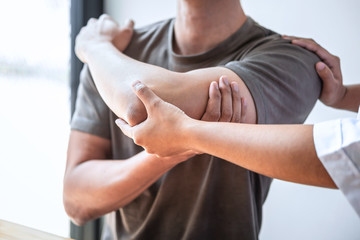
Falls prevention – Step by step guide
Do you ever feel unsteady on your feet?
Have you had a fall in the last 12 months?
Are you ever worried about what would happen if you have a fall?
If so, you may benefit from a falls prevention plan.
Due to a serious injury, medical condition or increasing age you might be at increased risk of falls. Falls are a unfortunate, yet common cause of serious injury for older individuals and individuals with disability. Read below to find out what to do if you have a fall and how to prevent them.
If you do have a fall follow these steps:
- Don’t rush to stand up, relax and take a deep breath
- Check for injuries: if you’re hurt it is not a good idea to rush to stand up due to the risk further injuring yourself and the risk of another fall. If you are hurt it is best to call for support from others before trying to stand up
If you’re not hurt and feel well enough to try and get off the floor, continue to follow these steps:
- Roll onto your side
- Lift yourself up so that you are in a side sitting position
- Slowly get up onto your hands and knees
- Then crawl towards a wall or sturdy piece of furniture such as a armchair or kitchen bench
- Kneel beside the piece of furniture and place the foot of your strongest leg forward and flat on the floor
- Place both hands onto the piece of furniture
- Using the piece of furniture as a support raise your body off the floor, by pushing through with your hands and feet.
- Take a seat for a few minutes and recheck for any injuries
Falls Prevention
The best way to manage a fall is to prevent it happening in the first place. Follow these tips to assist in falls prevention:
- Engage in a regular exercise routine which focusses on lower limb strengthening, balance and flexibility. If your unsure how to begin, book into see one of our talented Accredited Exercise Physiologists!
- Have regular eye function assessments by your optometrist and prescription of appropriate eyewear if necessary
- Have regular health checks by your GP to check your blood pressure, blood glucose and falls history
- Consider if a mobility aid is right for you, if unsure please consult with your Physiotherapist
If you are having any issues with balance or falls, get in touch with Pivotal Motion’s Physiotherapy and Exercise Physiologist team today. Our team will be able to discuss with you in more depth on how we can help you. Book online or call us on 3352 5116.





